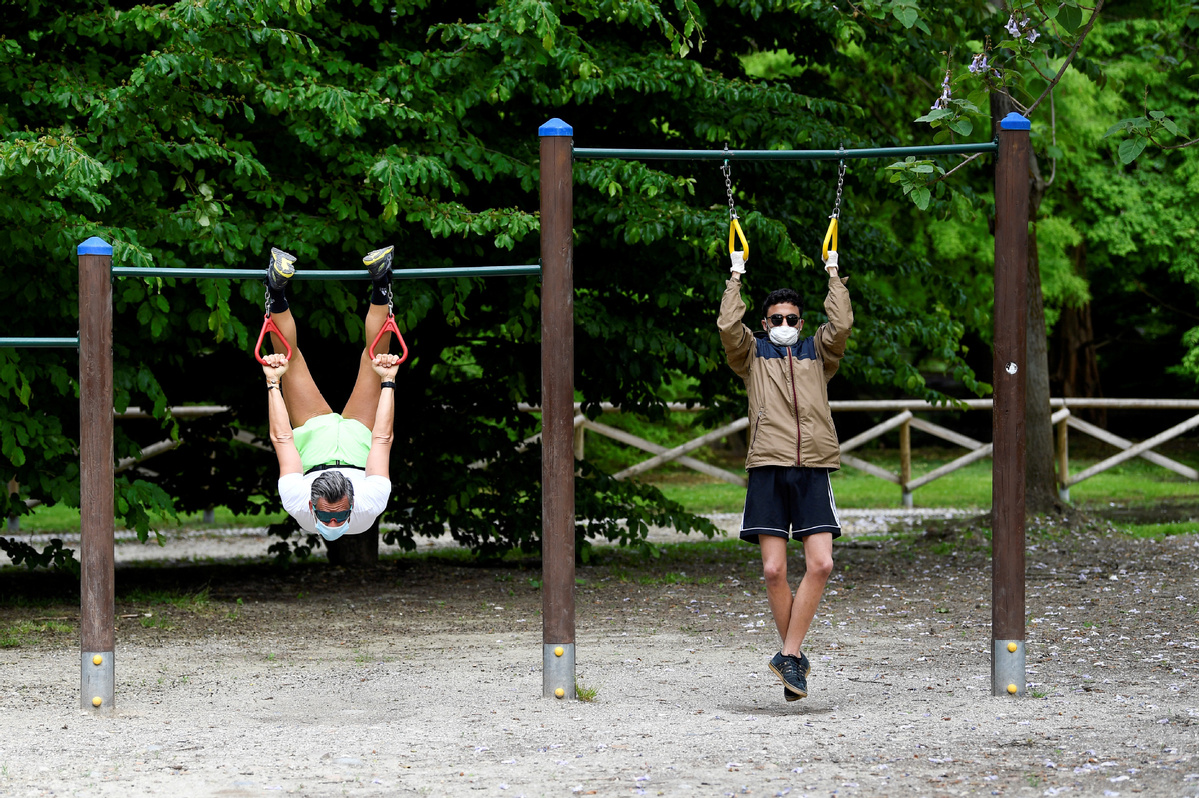Italy sees fewer COVID-19 patients, SMEs prep for reopening

REOPENING GUIDELINES AGREED

The government overnight reached a hard-won agreement with Italy's 20 regions on national guidelines for the reopening of shops, bars, restaurants, gyms, hairdressers, beauty salons, museums, libraries, hotels, and seaside facilities on Monday.
The agreement on the guidelines, which were posted overnight by the Conference of Regions and Autonomous Provinces, was hammered out after weeks of debate between the central government and regional authorities.
The Conference of Regions and Autonomous Provinces is a political body that coordinates between regional and central government.
The guidelines include guaranteeing a personal safety distance of at least one meter between clients, keeping hand sanitizer, gloves and masks on hand, checking clients' body temperature at the entrance, and frequently sanitizing facilities and equipment.
However, four out of 10 shops, bars and restaurants say they will not reopen on Monday, according to a survey by SWG pollsters conducted for the Confederation of Merchants (Confesercenti), which represents over 350,000 small and medium-sized businesses (SMEs) employing 1 million people.
Business owners cited, among others, fears of operating at a loss and of the coronavirus itself as reasons, according to the survey.
Of the businesses that will stay closed, 68 percent said reopening won't be worthwhile economically, and 13 percent said they still haven't been able to equip their places of business in line with the new government guidelines.
"Entrepreneurs fear the impact of the strictness of the guidelines...and that they will be crushed between rising operating costs and a foreseeable drop in revenue," Confesercenti said in a statement.
Also on Saturday, the National Confederation of Farmers (Coldiretti) expected a "landside effect" on the food and agriculture industry once Italy's 330,000 bars, restaurants, pizza parlors and ice cream shops reopen.
Coldiretti also said that the reopening will be "strategic" for Italy's 24,000 agri-tourism facilities, which host almost 9 million holidaymakers in the summer on average.
"With the arrival of the summer season, supporting tourism in the countryside also means avoiding the risk of dangerously crowded situations at the seaside and in the cities, while enjoying nature and the specialties of Made-in-Italy food and wine traditions," Coldiretti suggested.
































